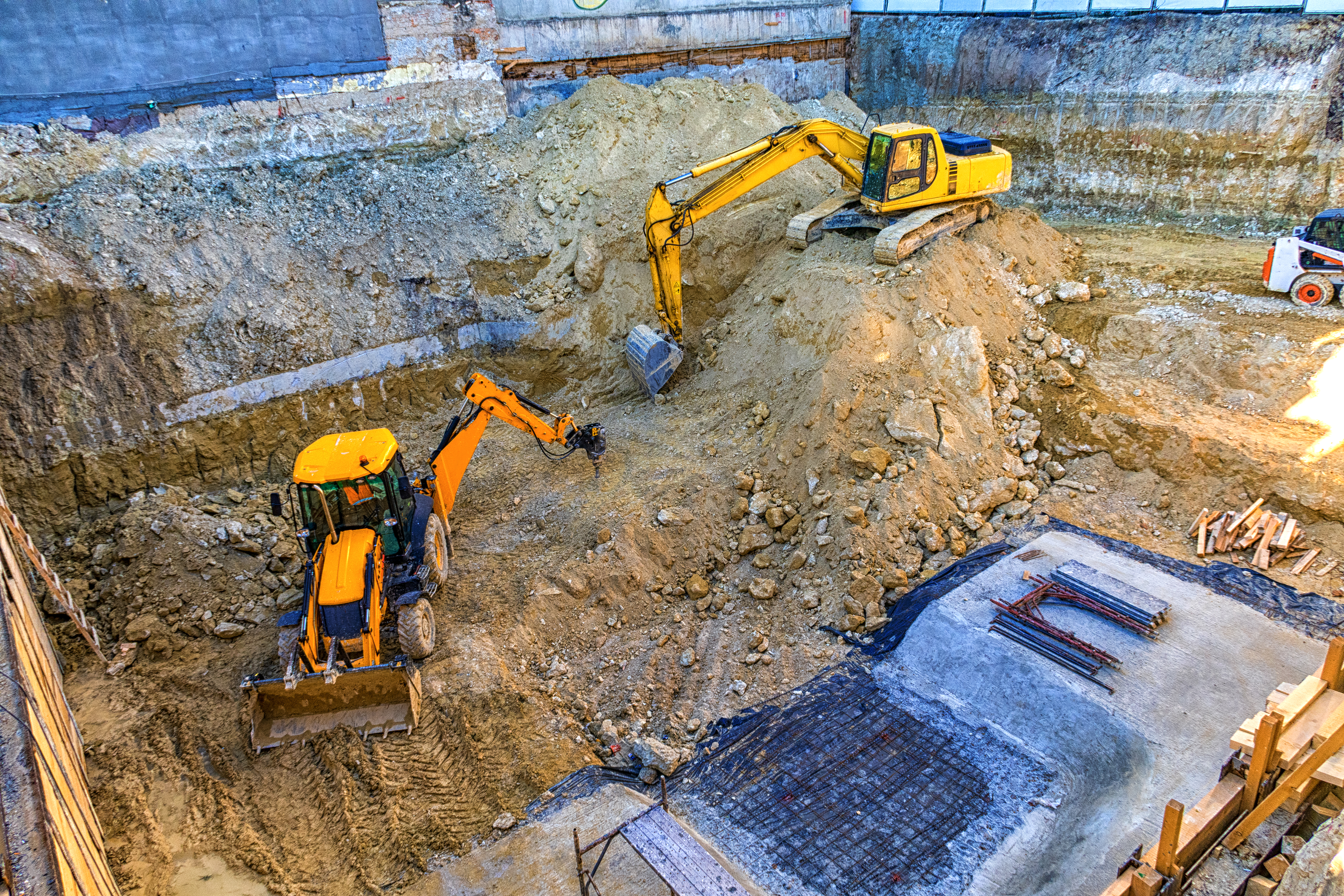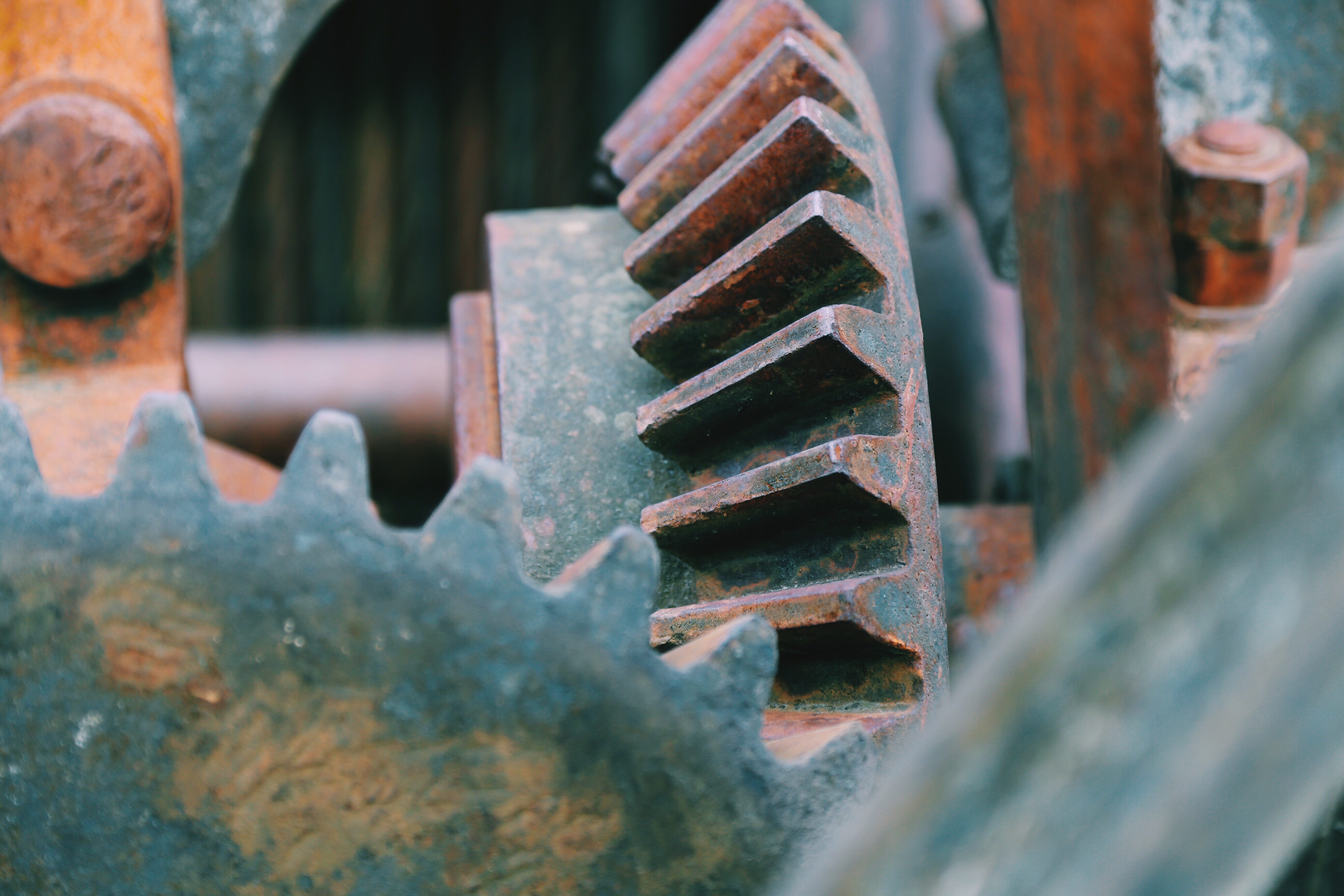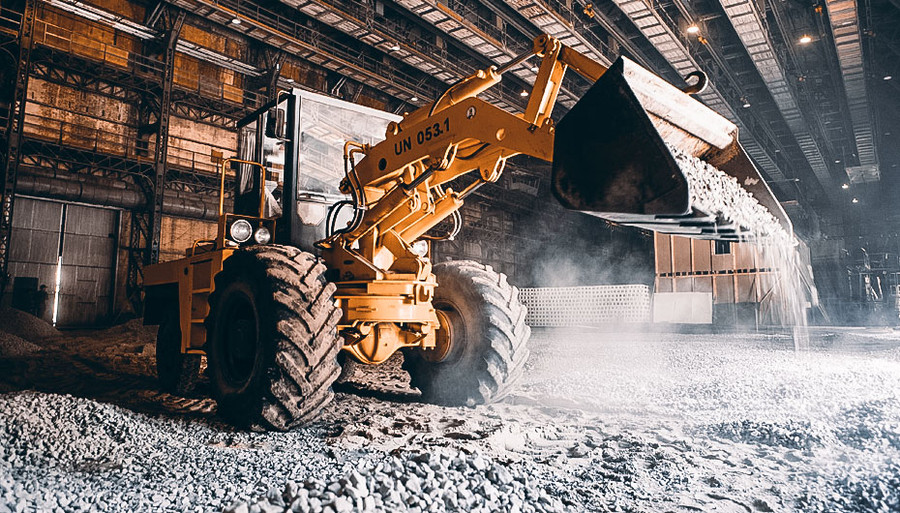Keeping your heavy-duty equipment in good working order makes a massive difference to your team and your business. After all, you count on your equipment to tackle heavy applications and get the job done right. When they fail, this can spell disaster for your operations, and often result in seriously expensive repairs and unnecessary downtime.
It's an unfortunate but inevitable fact that heavy types of equipment break down, but there are ways to avoid or at least reduce the amount of time wasted and money spent. Here at TYGRIS, we take equipment maintenance pretty seriously. Whether it's forklifts, wheeled loaders or any other heavy construction equipment, we understand that corrective maintenance can help to streamline your operations.
But what exactly causes your equipment to be out of commission? In this blog, we're breaking down (no pun intended) some of the most common reasons for machine failure, and how you can avoid them. From tips for curating a perfect maintenance strategy and the best heavy-duty grease for demanding applications, you can ensure your equipment is back in action far quicker.

The Top Reasons For Equipment Failure
So, what are the most common reasons why your heavy equipment could be failing? There are various possibilities, and luckily, ways to stop them from affecting your productivity. While some of these causes are unavoidable, there are some factors that are entirely preventable, either with training or good old fashioned maintenance work.
Ignoring Warning Signals
This one might seem obvious, but it's actually a common and preventable factor in machine failure. It's not unheard of to see warning light flashes and ignore them as a problem for another day. This is the case even in heavy machinery and can lead to big problems.
It could be a signal of dangerously high temperatures or issues with pressure, however, machine operators may overlook these warning signs. While it's easy to chalk this up to carelessness, in a fast-paced environment it's not uncommon to either forget to report these issues to supervisors.
Over-Using Equipment
Now, of course, we aren't suggesting retiring your equipment and forgetting all about them. However, overworking your machine can lead to early retirement and being forced to fork out money for a replacement. You may notice that certain pieces of heavy machinery could be used too often or are unnecessarily subjected to demanding applications.

Flaws In Manufacturing
Each component that makes up your heavy equipment is essential to how smoothly they run. The manufacturers of large machinery take great care to build them in a way that allows for reliability and prolonged use. Even with this dedication, there is always a risk of malfunctioning equipment.
Perhaps the tracks or wheels are malfunctioning, or nuts and bolts are poorly aligned. No matter the imperfection, it can have an impact on the efficiency of machinery.
Issues In Storage
We understand that finding a dry, clean and convenient place to store a bulldozer isn't exactly an effortless task. However, where you store your equipment can contribute to machine failure. This most likely won't come as a surprise, but outdoor storage can impact your machinery. Adverse weather conditions such as heavy rain or (admittedly a rarity in the UK) sun.
While the obvious risk of tires sticking in muddy conditions can impact your heavy equipment, there is also the risk of stubborn dirt sticking in between wheels and causing breakdowns. Even worse, continuous rainfall can cause corrosion and a whole host of other issues.
Forgetting About Maintenance
Preventative maintenance is the key to prolonging the life of your heavy-duty machinery, and as the name suggests, helps to prevent equipment failure. Maintenance involves regular servicing, checks and repairs to ensure that all components are in good working order. It also requires using the right products to keep them in good condition.
We know better than anyone just how important employing preventative and predictive maintenance can be. Although, it's easier said than done when your team is overwhelmed with work. It can be all too tempting to skip servicing in favour of continued work.
While it's simple to overlook, regular maintenance is essential. It helps you and your team identify small issues before they cause big problems, and is the most important practice in stopping heavy-duty equipment failure.

How To Prevent Heavy Equipment Failure
While you might understand how vital regular maintenance is to keep your heavy-duty machinery in working order, however, making it work for you can be demanding. Using products optimised for each application and type of equipment can make a massive impact, and a set schedule helps catch problems early.
Our onsite audits are one of the many services we offer here at TYGRIS, and we've helped many businesses find the right product for their application, and optimise their operation. More than that, our industrial experts will help you curate a maintenance schedule tailored to your specific business and equipment.
Finding the right maintenance schedule helps you sift through problems and identify them at the source, which is why we take the time to create a schedule that works for you and your team. Cutting downtime is one of the things we're best at, alongside offering innovative industrial solutions.
In another of our blogs, we discussed a few of our favourite products for heavy-duty applications. TG3804 Moly Lithium Grease 2 is a stellar option for demanding conditions, including extreme shock loading. A high-temperature grease, it's suitable for extending relubrication intervals.
For use in anti-friction and plain bearings, especially those in humid conditions, a high-quality calcium grease can help prevent machine failure caused by wet environments. No matter the product or application, our team is always on hand to help.



